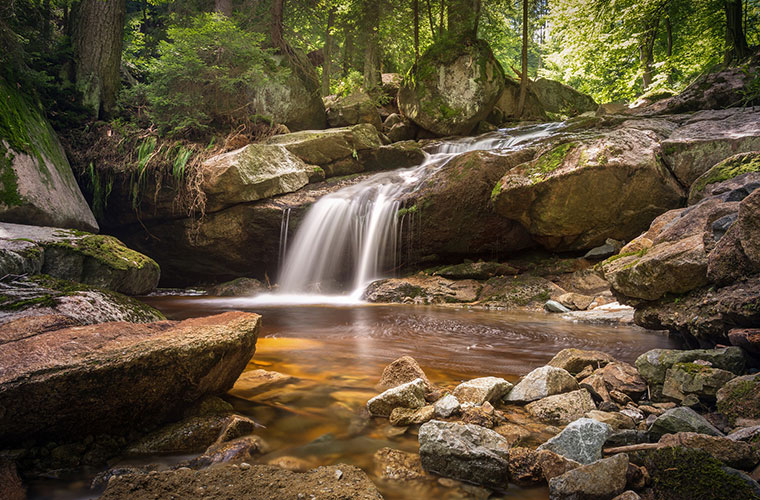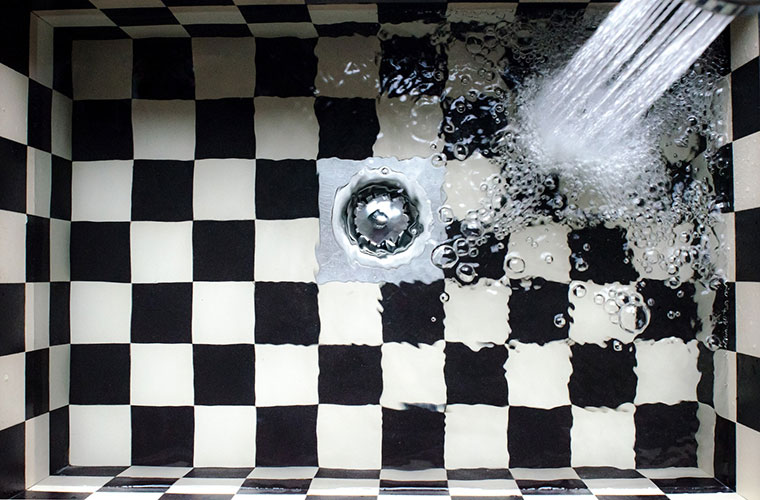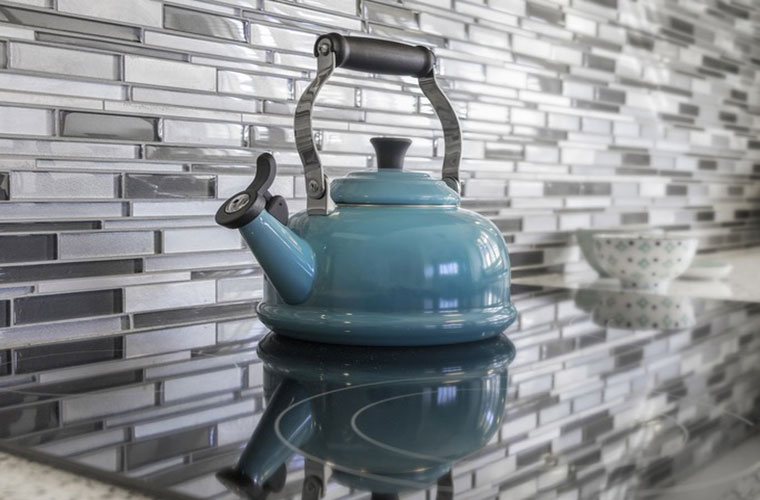If you live in the Suffolk area and have started to notice plumbing problems, such as noticeably reduced water flow and pressure on your pipework and joints, it may well be that you are experiencing the damaging effects of hard water. Unfortunately, by the time you notice these issues it may be too late to do anything to prevent them and you may be facing expensive plumbing bills and even the replacement of appliances and boilers.
There are a few tell tale signs that hard water is putting your home at risk, and the good news is that the difference between hard water and soft water can be easily dealt with by the installation of a water softener. We answer the question, ‘What is hard water?’ and reveal a few hard water plumbing secrets below.
What is hard water?
Hard water occurs where certain minerals are present in the water system as it enters your home or business. Rain water, when it falls, is relatively mineral free but in certain areas of the UK, for example Suffolk, the types of sedimentary and porous rock that water runs through before it reaches our water systems leach damaging minerals into the water. These minerals are not removed at water treatment plants and continue into our homes and businesses.
Which minerals cause hard water?
The two minerals that most often cause hard water problems are magnesium and calcium. Although both of these minerals, as well as other less problematic minerals such as iron, can contribute to a healthy diet, they can also cause problems with scummy water, ineffective cleaning products and scale in appliances and plumbing.

What is the difference between hard water and soft water?
Only around 40% of people in the UK are lucky enough to live in soft water areas. These are areas where water, as it moves through the ground, acquires fewer minerals. Soft water does not leave mineral deposits in pipes, appliances and water systems in the same way as hard water does and will therefore not cause the same plumbing problems. Soft water areas in the UK include Scotland and the far South West.
Which problems are associated with hard water?
If you are spending more than you think you should be on soaps, shampoos and washing detergent, if your hair seems lank and lifeless even just after you have washed it or if you are experiencing scum marks on dishes and kitchen and bathroom surfaces, the chances are that your problems are being caused by hard water.
The dissolved minerals in hard water react with your favourite soap and shampoo products causing them to fail to lather and leave a scummy layer on your skin. The same thing happens with your glasses and dishes and you may find that any white fabrics you wash become dull over time.
How can hard water cause plumbing problems?
Some of the issues created by hard water, such as the lack of suds from soap or shampoo, are largely cosmetic but others can cause serious issues with scale build-up inside pipes, reduced water heater lifespan and damage to boilers and other appliances. One of the main issues with these hard water problems is that they are often invisible.

As mineral build-up accelerates, water flow can be drastically reduced and stresses on pipework can cause damaging bursts and leaks. Appliances that heat water are even more affected by hard water because heating causes larger deposits of calcium carbonate to form.
Does hard water cost me money?
As well as risking expensive damage to your plumbing pipework and appliances, hard water can significantly raise the energy costs of heating water through your boiler. Not only that, but your boiler will be working harder and have a reduced lifespan compared to one that is in a soft water area.
What can I do to prevent hard water plumbing problems?
The good news is that by fitting a water softener to your home or business, hard water can be effectively dealt with before it enters your water system and appliances. Water softener installation is much easier and quicker than you think it might be and is undertaken by a qualified plumber who will help you choose a convenient location to suit your home or business.
How do water softeners work?
Once installed by one of our qualified and experienced plumbers, your water softener will start to work immediately and you will see the results as soon as you use your water. Negatively charged beads inside the water filters attract the positively charged magnesium and calcium ions in your water system. These are held back, allowing softened water to flow out of the system and into your taps, shower and appliances.
From time to time your water softener will regenerate, cleaning the beads in the resin tanks and flushing the harmless by products of your water softening down the drain. This is all done automatically; all you need to do is make sure that the salt in your softener is regularly topped up.

Will I need to do anything else to stop my hard water problems?
No. Once your water softener has been installed, your family, your business and your plumbing can enjoy the benefits of softer water and you can relax in the knowledge that you have protected your plumbing and given your appliances a new lease of life.
Hard water isn’t just a cosmetic issue and should be taken seriously in homes and on business premises. By installing a water softener, you can protect your plumbing and improve your family and business experiences for years to come. Get in touch with our experienced team today to find out more about our competitive pricing on a range of filters, taps and water softeners including installation, service and repair.
- Water Softener Size Guide: How to Select the Perfect Fit for Your Home or Business - February 25, 2025
- Under Sink vs Whole House Water Filters: The Complete Homeowner’s Guide - November 27, 2024
- 7 Surprising Ways Water Softeners Transform Your Skin: Unveiling the Secret to Radiant Complexion - July 17, 2024

